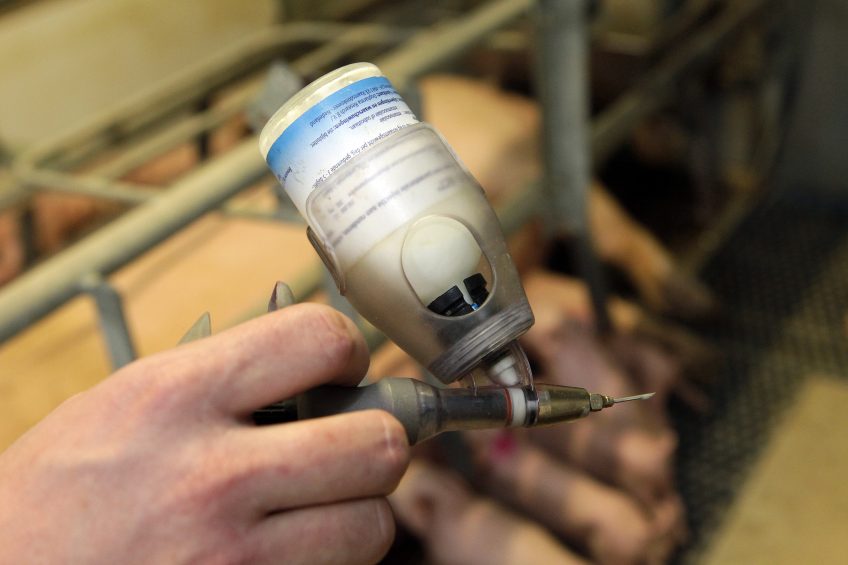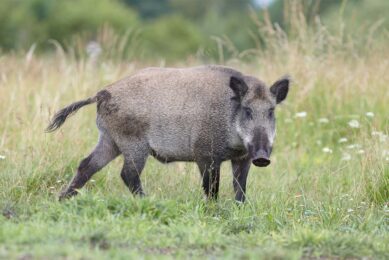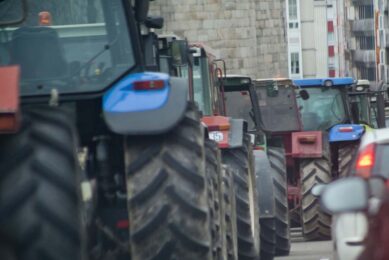WHO’s antimicrobial guidelines: Protest and applause

A recent publication on the responsible use of antibiotics by the World Health Organization (WHO) has led to a mixed bag of responses all over the world.
Last week, the World Health Organization (WHO) released the publication Guidelines on Use of Medically Important Antimicrobials in Food-Producing Animals. In 88 pages, the public health agency of the United Nations describes guidelines because the awareness is growing that the problem of antimicrobial resistance needs a ‘cross-sectoral’ approach.

Read more about pig health in the Pig Progress Health Tool
The publication presents evidence-based recommendations and best practice statements on use of medically important antimicrobials in food-producing animals. In summary, the organisation recommends that use of antibiotics for growth promotion should be banned altogether; that healthy pigs should get treatments with antibiotics to prevent illness only when the disease is already clinically diagnosed in that herd. And if vets use antibiotics, they should only use those that are not that important to human health.
Protest from the USA
From the United States, up until high level, there were sounds of immediate disapproval on the document. Dr Chavonda Jacobs-Young, the United States Department of Agriculture (USDA) acting chief scientist, responded: “The WHO guidelines are not in alignment with US policy and are not supported by sound science. The recommendations erroneously conflate disease prevention with growth promotion in animals.”
The main objection by the USDA is the combination of strong recommendation guidelines with low quality evidence, as is admitted by the WHO itself, see e.g. page 3 of the summary. In the press release, Dr Jacobs Young said, “…the WHO released these guidelines, which according to language in the guidelines are based on ‘low-quality evidence,’ and in some cases, ‘very low-quality evidence.’”
How to produce with fewer antimicrobials? Pig Progress recently published this voluminous contribution on Antibiotic Reduction
“Ill-advised and wrong”
Similarly, also the US National Pork Producers Council (NPPC), released a statement with disapproving words. An immediate press release stated: “A ban on disease prevention uses of antibiotics in food-animal production being advocated by the World Health Organization would be ill-advised and wrong. Denying pigs, cows and chickens necessary antibiotics would be unethical and immoral, leading to animal suffering and possibly death, and could compromise the nation’s food system.”
In Asia-Pacific, measures against antibiotic resistance are growing as well, as can be read in this overview
Over the last few years, the United States recently made its initial steps against antimicrobial resistance. In 2013, the country moved to put antibiotics under veterinary control and growth promotion using highly important antibiotics was stopped.
Antibiotic usage in EU already lower
Regulations in the USA are not as strict as in the European Union, where reactions were much more sedate. Throughout the EU, antibiotic usage for growth promotion purposes has been forbidden since 2006 and some even banned the preventive use of antibiotics. In addition, in a growing number of European countries, there is an active policy to reduce antibiotics on-farm for disease treatment as much as possible, predominantly by looking for alternative ways of disease prevention.
Take a look at a farm that runs without antibiotics and still achieves high growth figures
The Netherlands Veterinary Medicines Institute (SDa) for instance, therefore applauded the recent publication. For the country itself, the publication will not make much difference as antibiotics usage already meets the new WHO guidelines. Yet it would encourage other countries that have not yet moved into that direction, the director told Boerderij, the leading Dutch agricultural publication and a sister title to Pig Progress.
 Beheer
Beheer








 WP Admin
WP Admin  Bewerk bericht
Bewerk bericht